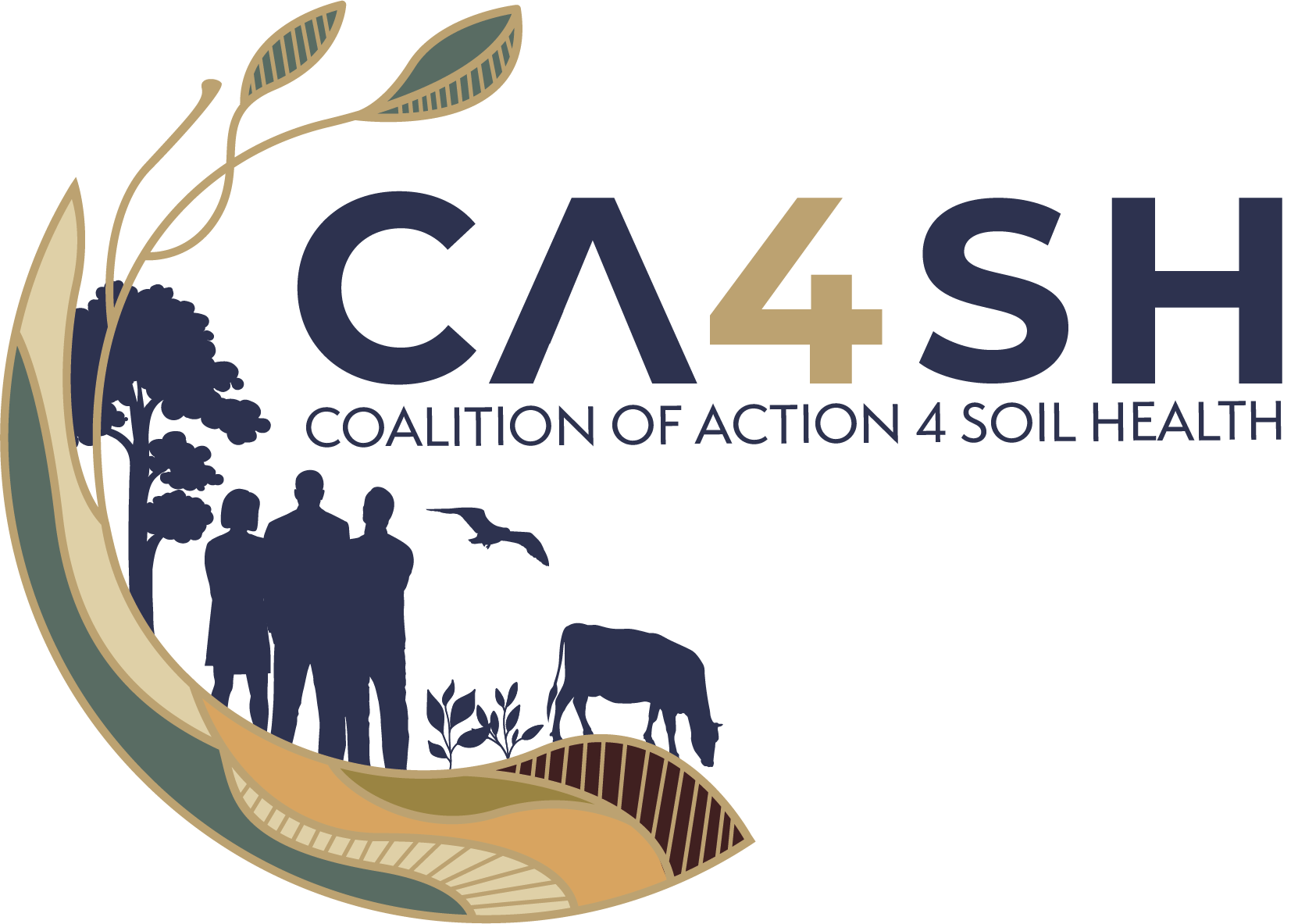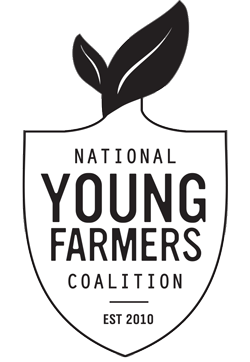Side event at the 50th Session of the Committee on World Food Security (CFS)
Future-Proofing Soils: The role of youth and actionable data

Soil health is declining globally at an alarming rate despite improved understanding of the interconnectedness of soil health, food production, climate, and biodiversity. While the development of new soil health measurement technologies has led to sophisticated and comprehensive knowledge and data management systems, the adoption of soil health improvement practices remains generally low worldwide.
In this session, young farmers, researchers, and entrepreneurs will talk about how field-level data and innovations can be made more accessible and actionable to accelerate the adoption of practices that will improve soil health. The session will also discuss collaborative public-private solutions that could enable the next generation to better respond and adapt to crises such as adverse weather or crop input shortages. Finally, speakers will explore how public policy can help overcome the gap between evidence and uptake of soil health improvement practices at the farm level.
Objectives of the session are to:
- Provide solutions that can help address the soil health data gap that farmers face,
- Showcase cutting-edge soil analysis and forecasting technologies that can be used to monitor and better predict challenging cropping conditions and contribute to alleviating future crisis situations,
- Elevate the visibility of existing solutions and options to governments that could contribute to their national soil health and agricultural production plans,
- Identify enabling frameworks to promote public and private collaboration aimed at expanding access to soil health data and knowledge


















